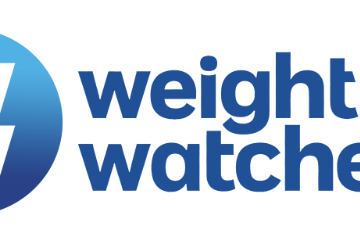Selenium is a mineral that is found in foods and in supplement form. It plays an essential role in many areas of our health including reproduction, thyroid gland function, DNA production, etc. It also protects the body against infection and free radical damage.
Total body selenium stores are around 13 to 30 milligrams. Most of this is deposited in the skeletal muscles and thyroid glands.
Selenium forms important proteins that strengthen the immune system and protect against cell damage. It reinforces the function of vitamin E and vitamin C as defence vitamins.
Along with iodine, selenium produces thyroid hormones and is involved with sperm production as well as nervous system function.
How much selenium do I need?
The daily amount of selenium you need depends on your age. The average daily amounts, expressed in micrograms (mcg) are as follows:
| Stage of life | Recommended amount |
| Babies up to 6 months of age | 15 mcg |
| Babies 7 to 12 months of age | 20 mcg |
| Children 1 to 3 years of age | 20 mcg |
| Children 4 to 8 years of age | 30 mcg |
| Children 9 to 13 years of age | 40 mcg |
| Adolescents 14 to 18 years | 55 mcg |
| Adults 19 to 70 years of age | 55 mcg |
| Adults 71 years and older | 55 mcg |
| Pregnant women | 60 mcg |
| Breastfeeding women | 70 mcg |
What foods are a source of selenium?
The level of selenium in plant foods can depend greatly on the amount of selenium in the soil in which they are grown. And with animal sources of selenium, it will depend on how much selenium the animal consumed.
The best sources of selenium include:
- Brazil nuts – these can be very high in selenium levels, so high that overconsumption can lead to selenium toxicity! We recommend consuming 3-4 Brazil nuts a few times a week to prevent toxicity.
- Seafood, especially oysters, sardines and prawns
- Meat, poultry, eggs, and other dairy products
- Lentils & beans
- Nuts & seeds, including cashews and pumpkin seeds
Do I need more selenium?
Most people obtain a good amount of selenium in their diet, but certain populations may struggle to meet requirements, as absorption of selenium can be impaired in some cases. This includes:
- People on dialysis
- People living with HIV
- People with digestive disorders such as IBD
- People who only eat food grown in low selenium containing soils
Selenium Deficiency
Selenium deficiency is rare, but because selenium works almost everywhere in the body, a deficiency can lead to several symptoms and diseases:
- Fatigue & mental fog
- Muscle weakness and joint pain
- Impaired sperm production or infertility
- Hair loss
- Problems with thyroid gland
Can selenium be harmful?
Yes, if it is ingested in excess, as we only need a very small amount of selenium in our diet. Consuming too much selenium can cause the following:
- Bad breath, often called ‘garlic breath’
- Nausea and vomiting
- Diarrhoea
- Skin rash
- Irritability
- Metallic flavour in the mouth
- Brittle hair or nails
- Discoloration of the teeth
Consuming high amounts of selenium long term can cause serious problems, including shortness of breath, tremors, kidney failure, heart attacks, and heart failure.
If you are concerned about meeting your selenium requirements, reach out to our dietitians today for personalised support!
References:
https://ods.od.nih.gov/factsheets/Selenium-Consumer/







